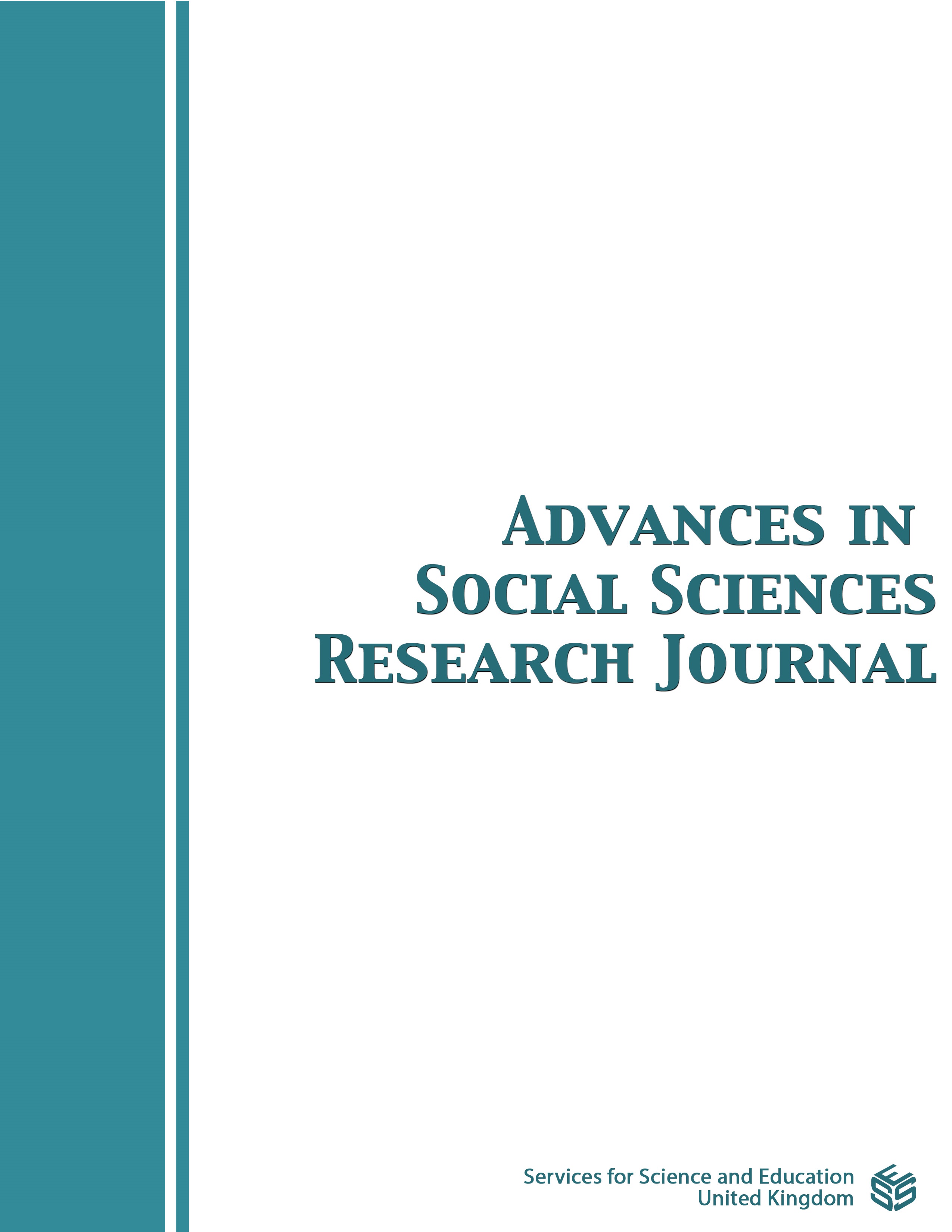Determinants of Household Savings
DOI:
https://doi.org/10.14738/assrj.112.2.16422Keywords:
Income, Interest rate, Money supply, Inflation rate, SavingsAbstract
The household savings growth in Malaysia has shown a great declining trend annually. The main causes of these deteriorating patterns could have been due to low-income levels, overspending, economic conditions as well as uncertainties that people are facing daily. In deliberating this issue further, this study has empirically examined factors affecting household savings in Malaysia. The analysis was based on time-series data gathered from World Bank Data and the Department of Statistics of Malaysia from 1970 until 2020. The time series regression analysis was used to examine the significant influence on the dependent variable, savings, by independent variables, which consist of income level, interest rate, and money supply. The findings from this study revealed that income level and money supply have significant positive influences on savings, while interest rate has an insignificant influence on savings. Through these findings, policymakers have to formulate a suitable policy that can cushion the impact of macroeconomic variables on the level of savings in the country.
Downloads
Published
How to Cite
Issue
Section
License
Copyright (c) 2024 Zahariah Sahudin, Abdul Rahim Ridzuan, Mohamad Idham Md Razak, Nur Zahidah Bahrudin

This work is licensed under a Creative Commons Attribution 4.0 International License.
Authors wishing to include figures, tables, or text passages that have already been published elsewhere are required to obtain permission from the copyright owner(s) for both the print and online format and to include evidence that such permission has been granted when submitting their papers. Any material received without such evidence will be assumed to originate from the authors.






